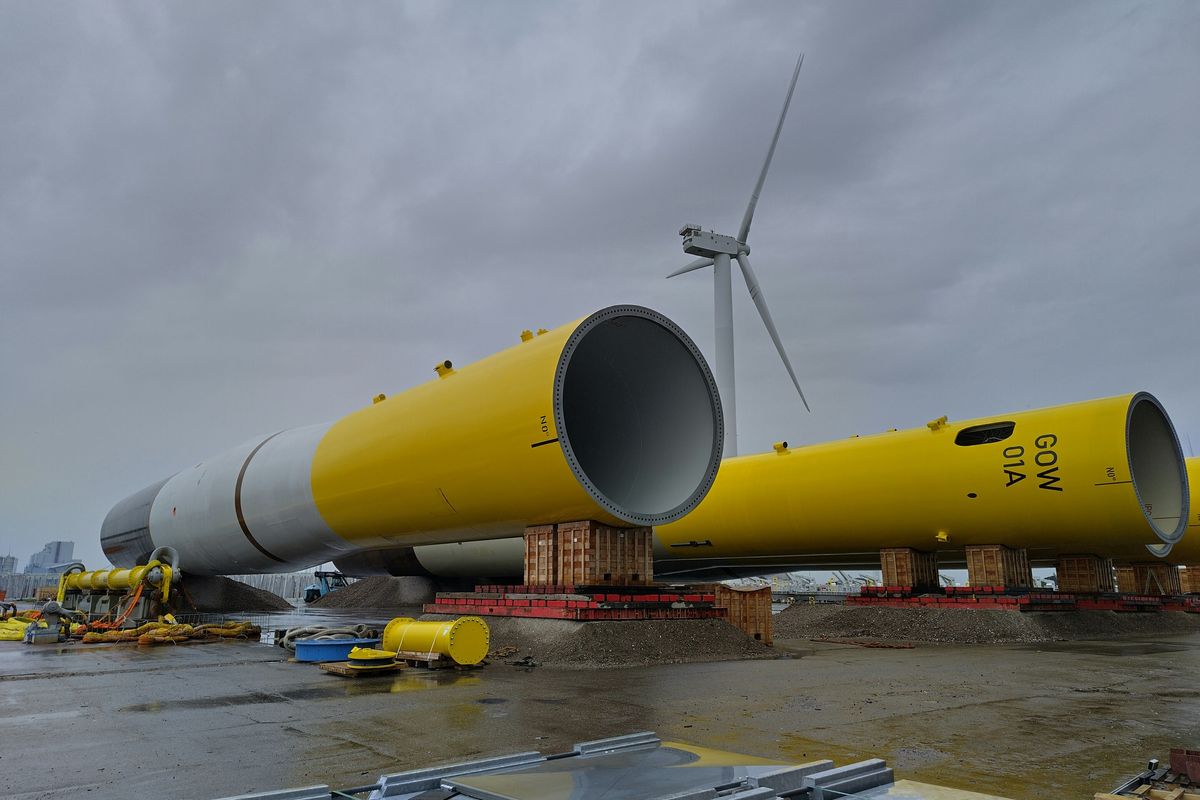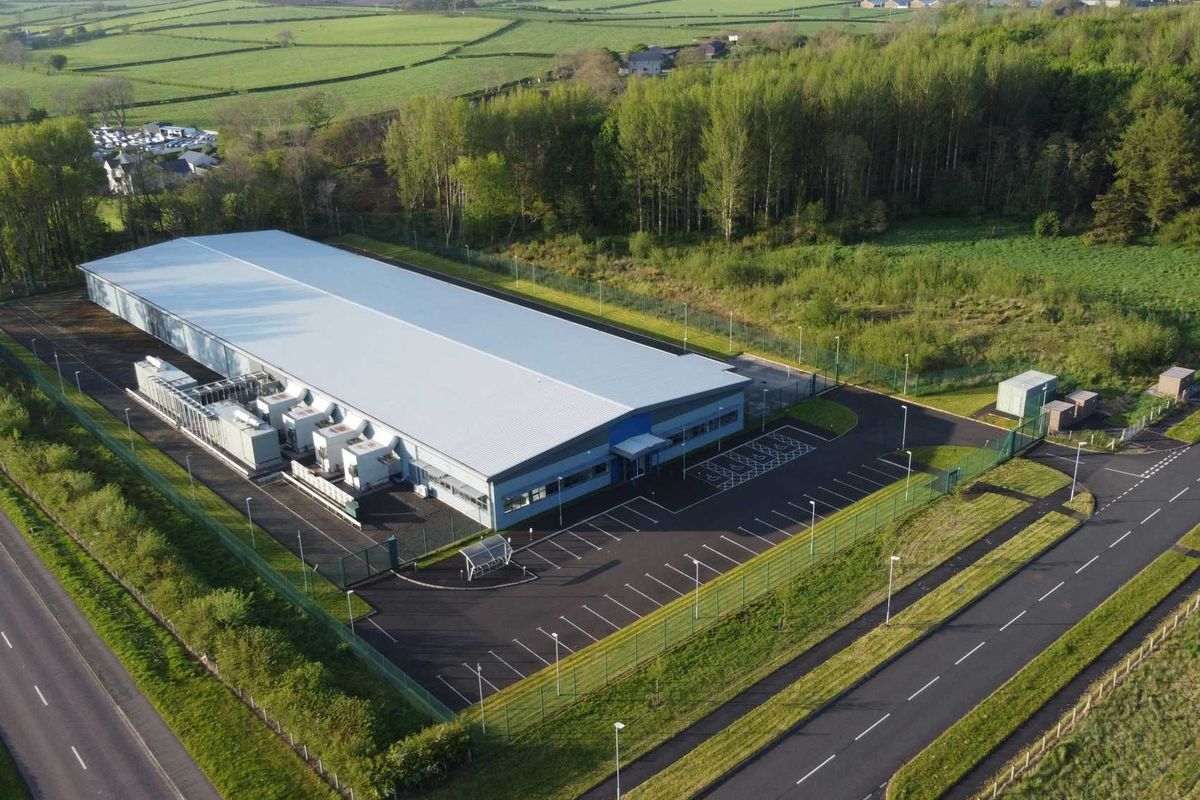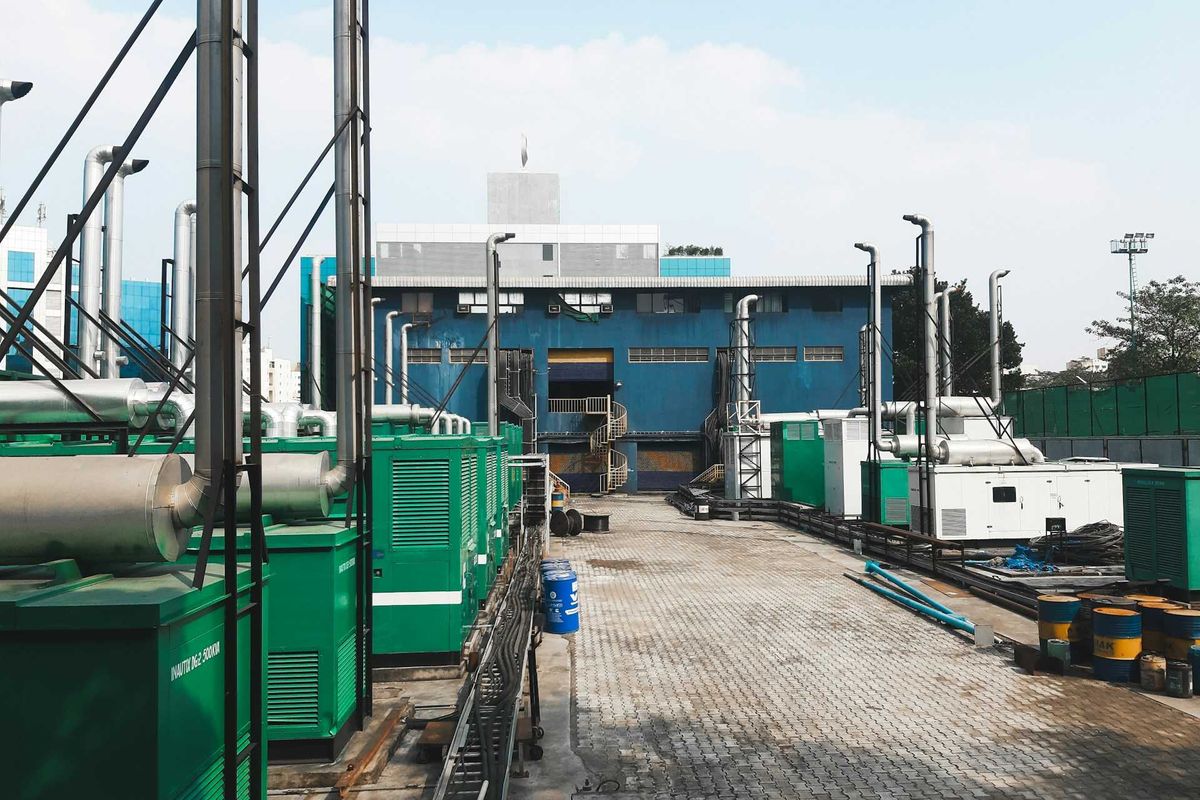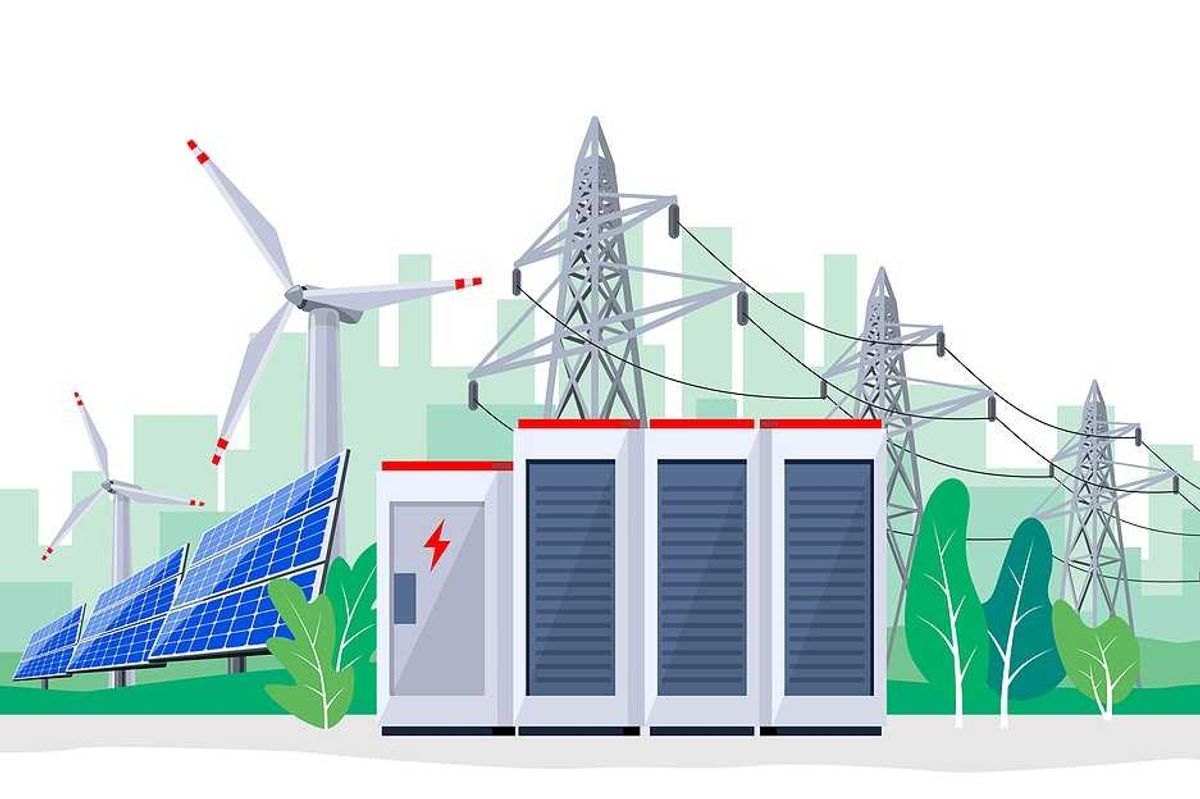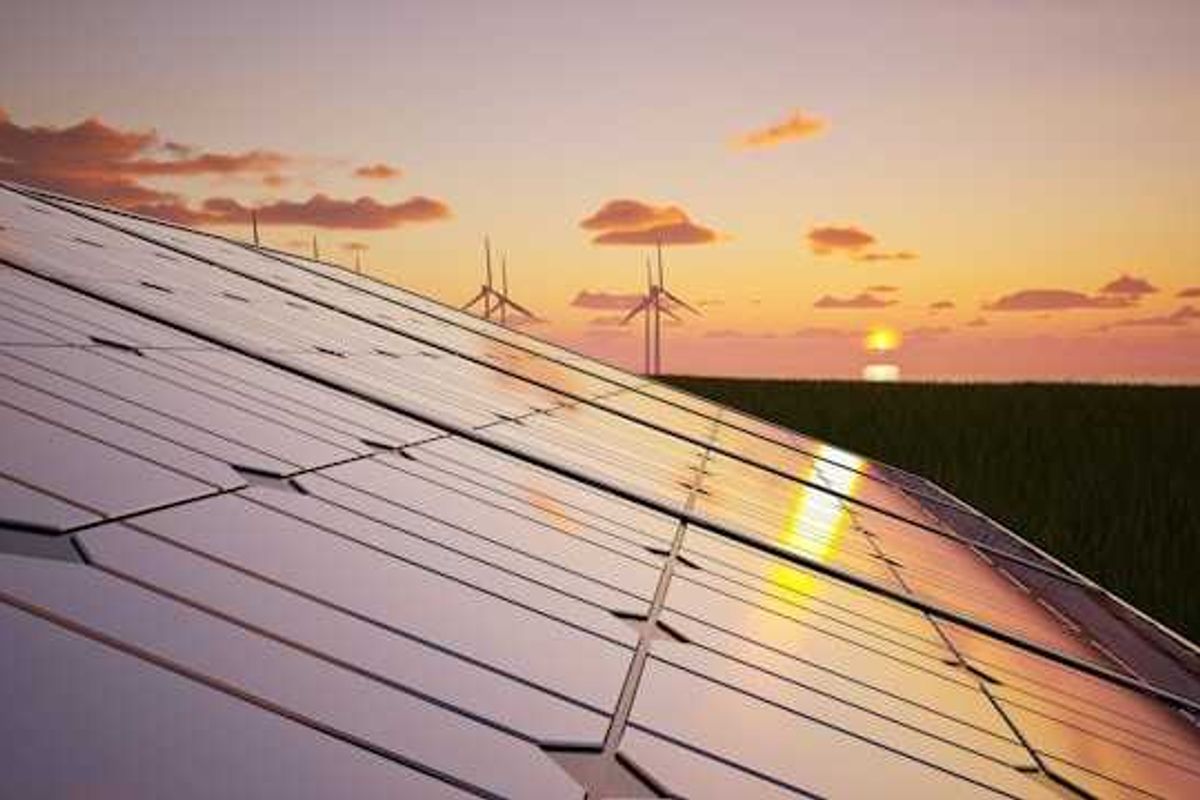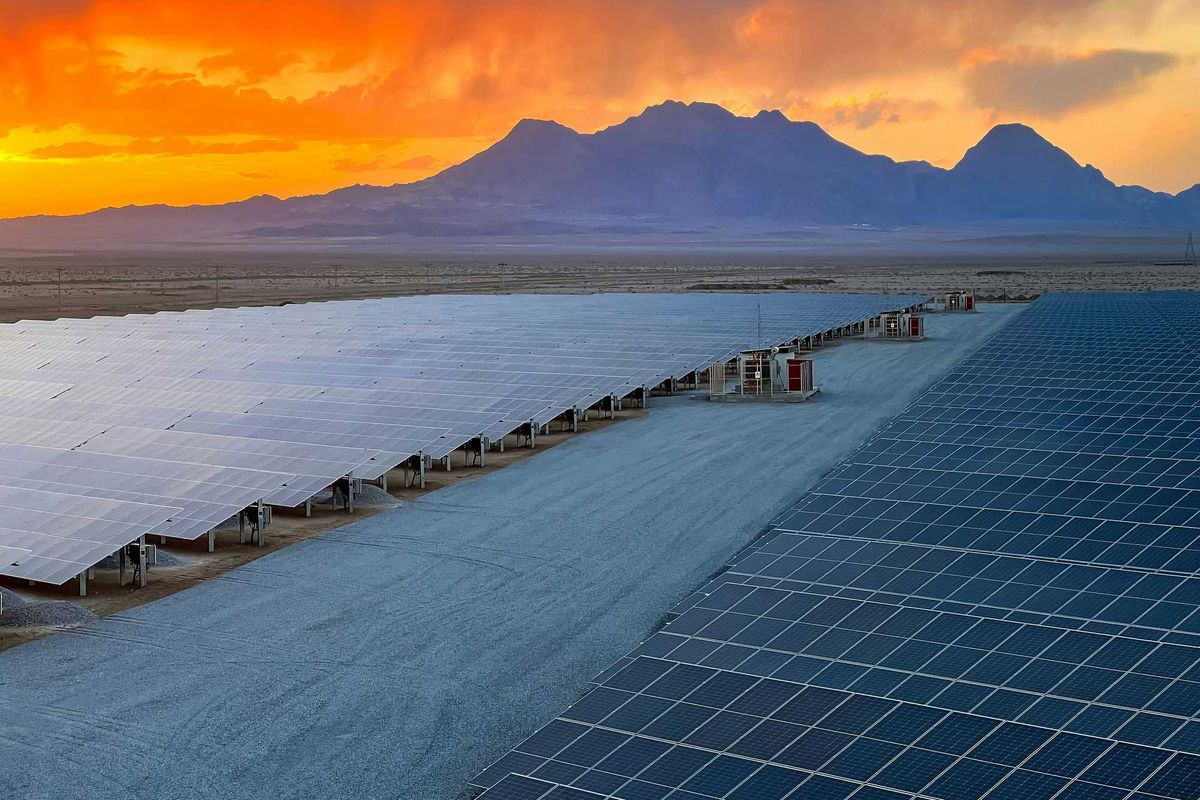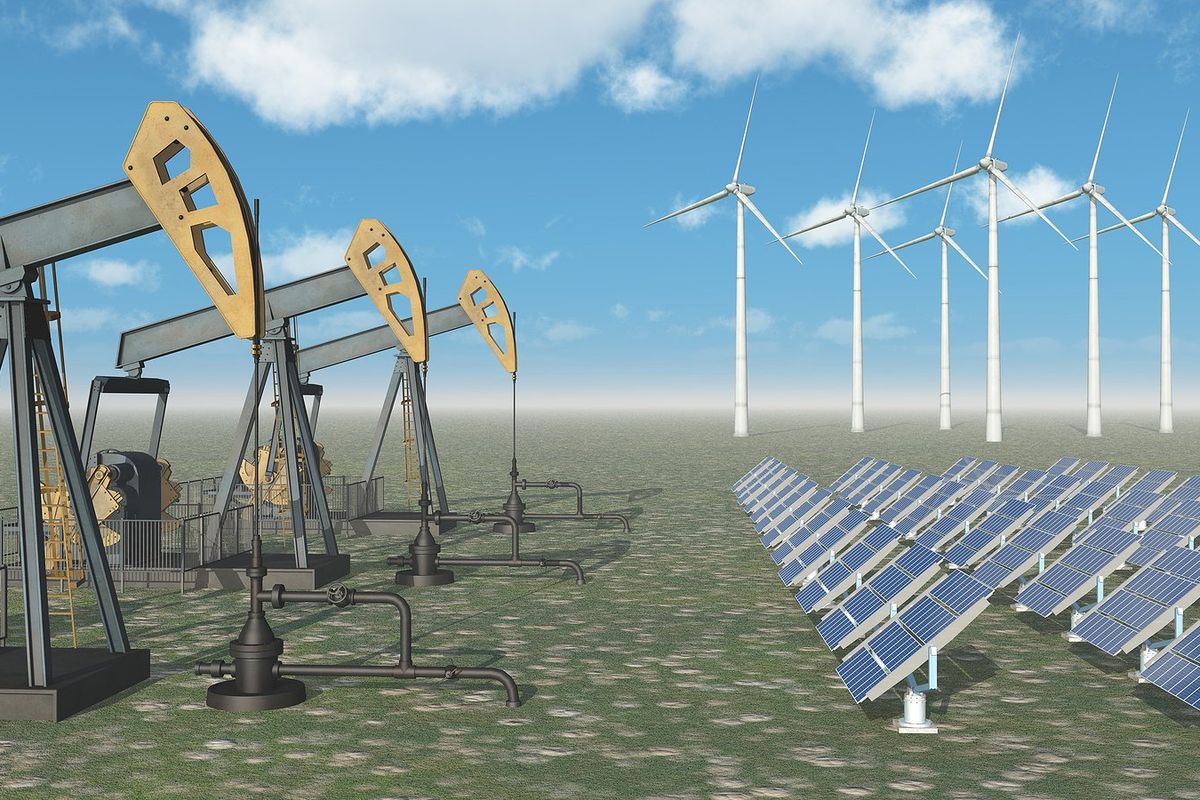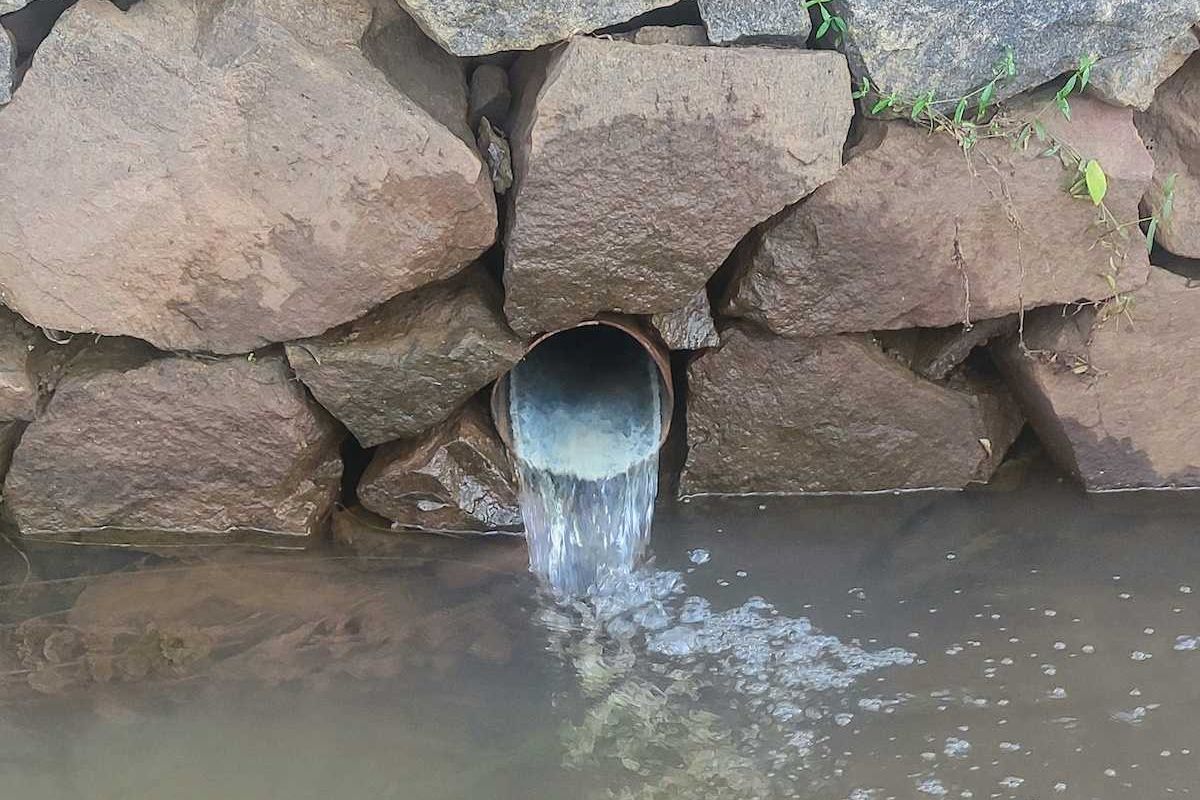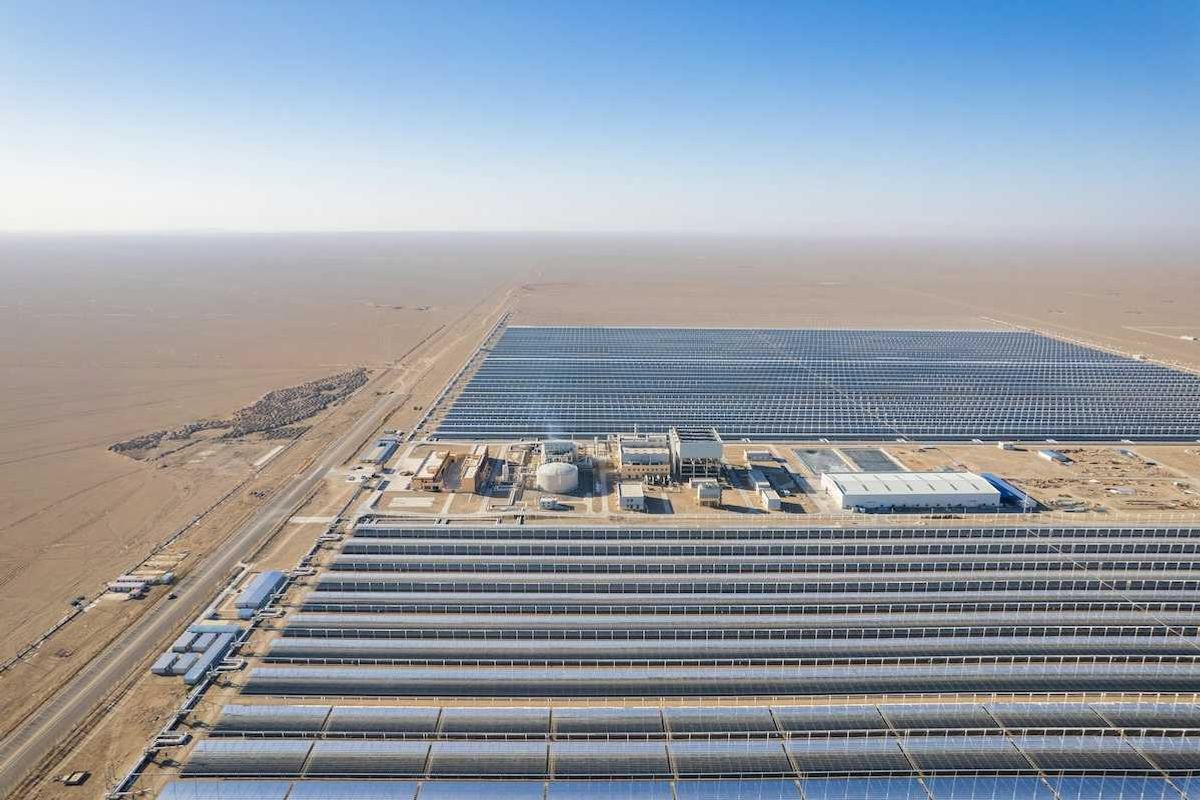Republican worries about energy affordability didn’t deter the administration from halting five major projects that had already begun construction.
Solutions
The country’s enormous energy and mineral resources are consolidating as a key factor in the geopolitical dispute and in Venezuela’s institutional collapse.
As warfare is reinvented in Ukraine, and Silicon Valley races to maintain its A.I. lead, China’s battery dominance is raising alarms far beyond the auto industry.
The U.S. industrial sector relies on gas-fired boilers to make heat. A new report shows how manufacturers can electrify and decarbonize, starting now.
As power-guzzling data centers proliferate across the country and drive electricity prices up, batteries could be a part of the solution.

The case for giving garments a passport
22 December
As part of the forthcoming Ecodesign for Sustainable Products Regulation, which is set to take effect in 2027, every garment sold in European Union member states will be required to carry a digital product passport: a scannable record that traces an item’s full lifecycle.
In a year shaped by Trump's return to the White House, the new administration touted "energy dominance" and protesters threw eggs at "swasticars."
Dozens of energy developers, experts and politicians say there were some highs amid a lot of lows in a roller coaster year for clean energy as President Donald Trump worked to boost polluting fuels while stymying wind and solar.
A House-passed bill aimed at speeding approvals of energy projects includes language that wind and solar supporters call unacceptable. Now it goes to the Senate.
The American Clean Power Association’s moves have sparked bipartisan anger.
Wastewater flushed down the drain can be used to heat and cool homes and buildings in a sustainable way and climate experts say it's an untapped source of energy due to its stable temperature of approximately 70°F.
The new rules, which will take effect in 2028, aim to cut emissions by 75% by 2035.
Reusing, recycling and repurposing batteries can reduce dependence on hard to obtain critical minerals and create a $9 billion industry, according to energy analysts.
Diets around the world dependent on ultra-processed foods and animal-based agriculture are driving obesity rates and climate change, but solutions exist that would bolster health, and save money and the planet, according to a new review.
In 2025, the list of metals became a top priority under President Trump. But what even are they?
Chinese companies have pledged hundreds of billions of dollars in clean energy manufacturing investments overseas. The projects could help lower emissions, but they are having significant social, environmental and human rights impacts.
European producers of steel and aluminium will face higher CO2 emissions costs, but the European Commission wants to channel part of the revenues of the EU's carbon border tax to help heavy industries decarbonize.
The Trump administration announced plans to dismantle the National Center for Atmospheric Research in Boulder, Colorado, citing concerns about “climate alarmism.”
Journalism that drives the discussion
Copyright © 2017 Environmental Health Sciences. All rights reserved.
Copyright © 2017 Environmental Health Sciences. All rights reserved.

